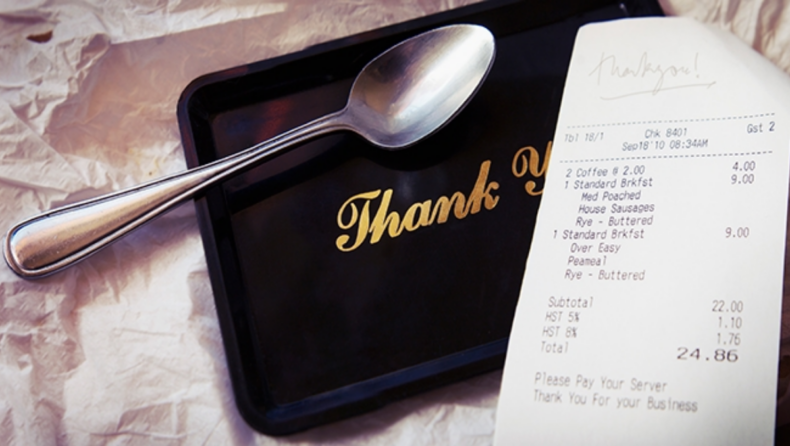
The National Restaurant Association of India (NRAI) said the government cannot make changes in the levy of service charges by making guidelines.
The National Restaurant Association of India (NRAI) stated on Wednesday that the government cannot make changes to the service charge levied on food bills by issuing guidelines and that the CCPA’s decision to prohibit hotels and restaurants from such a practice has caused unnecessary confusion amongst consumers and disrupted restaurant operations.
It alleged that “repeated guidelines” are being used to attempt to launch a campaign against this restaurant industry practice without any legal basis while asserting that service charges are included in the total price of a product and neither the government nor any authority can interfere with the business owner’s decision in this regard.
NRAI claimed in a statement that service fees are part of the proprietor’s discretion or judgment on the overall amount a client must pay for the sale or service of a product.
“It represents one of the components of the product’s overall price. In this regard, neither the government nor any other authority can intervene with the decision of the business owner.
It is an internationally acknowledged business practice “It claimed.
NRAI also asserted that the Supreme Court, High Courts, National Consumer Disputes Redressal Commission, erstwhile Monopolies and Restrictive Trade Practices Commission, and Income Tax Authorities (ITAT) have examined the legality, reasonableness, and justification of levying service charges and “upheld it in various judicial pronouncements.”
“It is thus up to the proprietor to determine how to do business and what pricing strategy should be implemented. The government cannot affect a change in service fee levies by the issuance of guidelines “it added.
Insisting that by their very nature, recommendations serve only as suggestions, the business group stated, “If such a change is required, either a new legislation or an amendment to the current laws must be enacted.”
NRAI further noted, “It is also pertinent to note that many other companies, including certain government institutions, impose additional fees. However, these regulations only apply to the restaurant business.”
In response to mounting consumer complaints, on Monday the Central Consumer Protection Authority (CCPA) prohibited hotels and restaurants from automatically or by default adding a service fee to meal bills and let consumers to register complaints in the event of a breach.
Before placing an order for a product, clients are informed of the price and its components, according to NRAI.
“Once the buyer submits the purchase after being informed of the terms and conditions, a legally binding contract is formed.

No authority may interfere with the binding character of a lawful contract unless it is demonstrated and proven to be unconscionable or against unfair trade practices “it said.
“Any action to the contrary would be damaging to the interests of employees — and against the government’s labor-friendly approach,” NRAI stated, arguing that the imposition of a service fee is advantageous for establishment-employed workers as a whole.
NRAI stated that there is a socio-economic aspect to the service fee tax, stating, “Generally, tips are provided to and pocketed by personnel (waiters/stewards) who serve the clients, but nothing is shared with those back-of-house employees who contribute to the total product/service.”
In addition, the service charge system provides for point-by-point distribution to the back-of-house workers, whose participation is therefore recognized and rewarded with a portion of the service fee received from the client.













